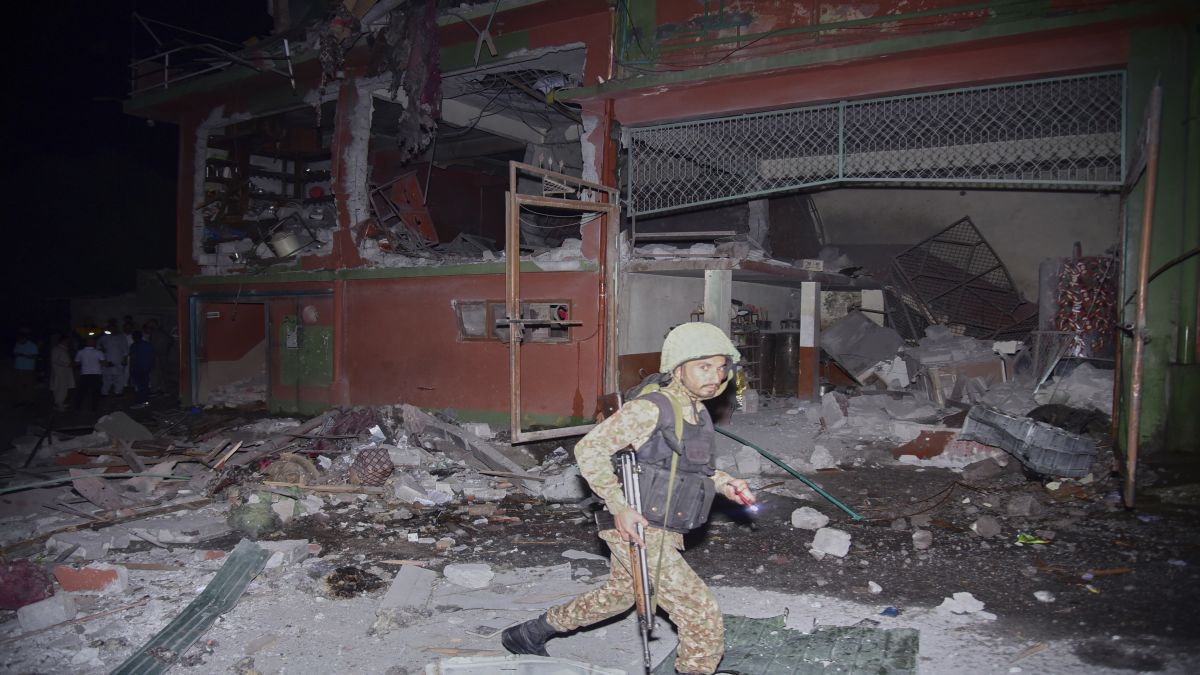Operation Sindoor stands as a testament to India’s resolve, blending military might with non-military pressure to deliver a clear message to Pakistan and the world. In the wake of the devastating Pahalgam attack, which claimed 26 innocent lives, including honeymooners and a young naval officer-India acted not just with force, but with purpose and restraint.
The massacre in the meadows of Jammu and Kashmir evoked a strong burst of anger among Indians and drew global condemnation in uncertain terms. Prime Minister Narendra Modi, the very next day at an event in Bihar’s Madhubani, said India would “identify, track and punish every terrorist and their backers” responsible for the Pahalgam terror attack.
This statement was significant given PM Modi turned to English during his speech to give a message to the world — “We will pursue them to the ends of the Earth. India’s spirit will never be broken by terrorism. Terrorism will not go unpunished.”
What India did next
India’s armed forces executed a series of precise, coordinated strikes on nine terrorist strongholds-four deep inside Pakistan, including Bahawalpur and Muridke, and five in Pakistan-occupied Kashmir, such as Muzaffarabad and Kotli. These sites, operated by Jaish-e-Mohammed and Lashkar-e-Taiba, were responsible for atrocities like Pulwama and Mumbai.
The strikes came under Operation Sindoor, codenamed to honour women who were forced by terrorists to witness the point-blank killings of the men of their respective families. Terrorists, with links to a Pakistan-based outfit, chose their victims on the basis of the religious affiliations of the tourists who were enjoying their holidays in Pahalgam’s Baisaran Valley.
When Pakistan retaliated with drone and missile attacks on Indian cities and military sites, India’s response was swift and calculated. Kamikaze drones neutralised Pakistani air defences, including those safeguarding Lahore, exposing vulnerabilities in Pakistan’s much-touted HQ-9 system. Thanks to robust Indian air defences, incoming threats were intercepted, resulting in minimal casualties or losses.
Impact Shorts
More ShortsOn the night of 9th and 10th May, India made history by disabling more than five air force camps of a nuclear state, targeting key Pakistani Air Force bases at Nur Khan, Rahim Yar Khan, Rafiqui, Murid and Sialkot. Along the Line of Control, Indian troops responded to Pakistani shelling in the Poonch-Rajouri sector with measured counterfire, destroying terrorist bunkers and Pakistani army positions used to target civilians.
India went beyond military moves
India’s strategy extended well beyond the battlefield. The government suspended the Indus Waters Treaty, a move with seismic implications for Pakistan, which relies on the Indus system for the vast majority of its water and agriculture. With only 10 per cent live storage in its dams, Pakistan now faces the spectre of crop failure, food shortages, water rationing and industrial blackouts-threatening its already fragile economy.
For India, this suspension unlocks long-awaited opportunities to develop water infrastructure in Jammu & Kashmir, Ladakh, Punjab and Haryana, transforming a diplomatic constraint into a developmental advantage. The message was unambiguous: water and blood cannot flow together.
Further tightening the screws, India closed the Attari-Wagah border and halted all bilateral trade, cutting off vital imports and exports and deepening Pakistan’s economic woes. Visas for Pakistani nationals in India were cancelled, with immediate repatriation following the Pahalgam attack. A blanket ban on Pakistani artists and cultural exchanges severed another link, extending even to streaming platforms.
Each measure imposed real costs- economic, diplomatic and psychological-isolating Pakistan and reinforcing India’s zero-tolerance policy on terrorism. Throughout, India maintained strategic restraint and worked tirelessly to keep international opinion onside, ensuring the world understood these were targeted actions against terror, not acts of aggression.
Operation Sindoor is likely to go down in modern India’s history not just as a chapter of military punishment inflicted upon its adversary but as a story of a nation’s grief transformed into resolve, and of a government’s determination to defend its people by every means at its disposal.
)